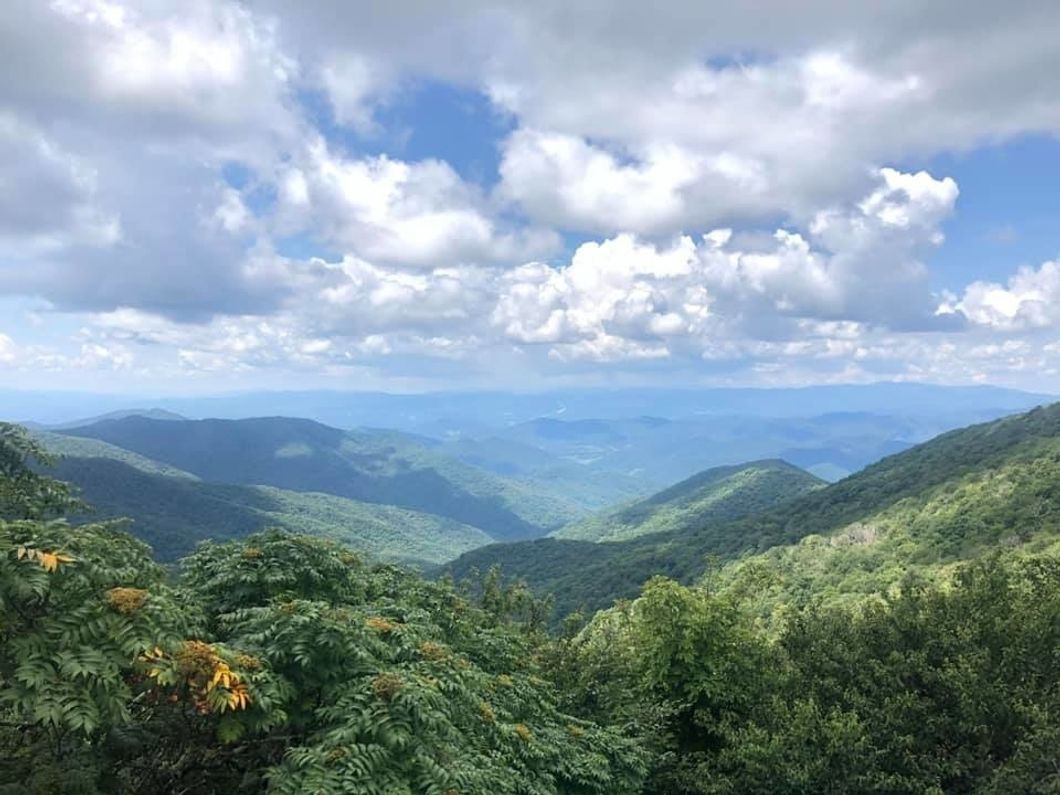Hiking alone is not for everyone. I will admit the fact that there are endless possibilities of "what if" scenarios resulting in death that could happen. However, as a 5'2", South Floridian native who grew up on flat land surrounded by the ocean her entire life, solo hiking in the mountains is an experience that I encourage everyone to try at least once in their lifetime. There are a few things you should always keep in mind if you decide to go on a solo hike.
1. Wear appropriate clothing.
As someone who went hiking with her overly worn running shoes that were not slip-resistant, invest in some hiking boots because the tractions make a difference. Athletic leggings with pockets and breathable mesh will be your best friend. Anyone who says utility jackets or rain jackets are not worth it is a liar.
2. Know your limits.
There is a phrase that goes "your eyes are bigger than your stomach" for when people take too much food than they can eat. In other words, it means you want more than you can handle and when you first start hiking, you may think you can take the "experienced hiker" trail, and you might be able to, but always be realistic.
3. Drink lots of water.
Insulated water bottles are your best friend, and if you can afford it, bring two. The extra weight in your backpack will always be worth the cold sips of water and you never want to be dehydrated on a hike far away from civilization.
4. Check your trail before going.
Take it from my experience, getting your Honda Civic stuck in the mud on the side of a mountain is not fun. Trying to get good enough phone service to call for help is not an option. Statistically, the chances of being injured by a bear are 1 in 2.1 million, but If you find yourself in the chance of encountering a black bear, do not play dead and if it is a brown or grizzly bear, play dead––there is a difference. It should go without saying, but you should always check the weather, your trail route, and any warnings that the park ranger has posted for the day.
5. Pack your bag accordingly.
Going on a solo hike without bringing a bag of some sort is inevitable. There are a few essential things you should always carry on you just in case an emergency happens on your trail: sunscreen, map of the trail, water and snacks, extra shirt, and a first aid kit.



















